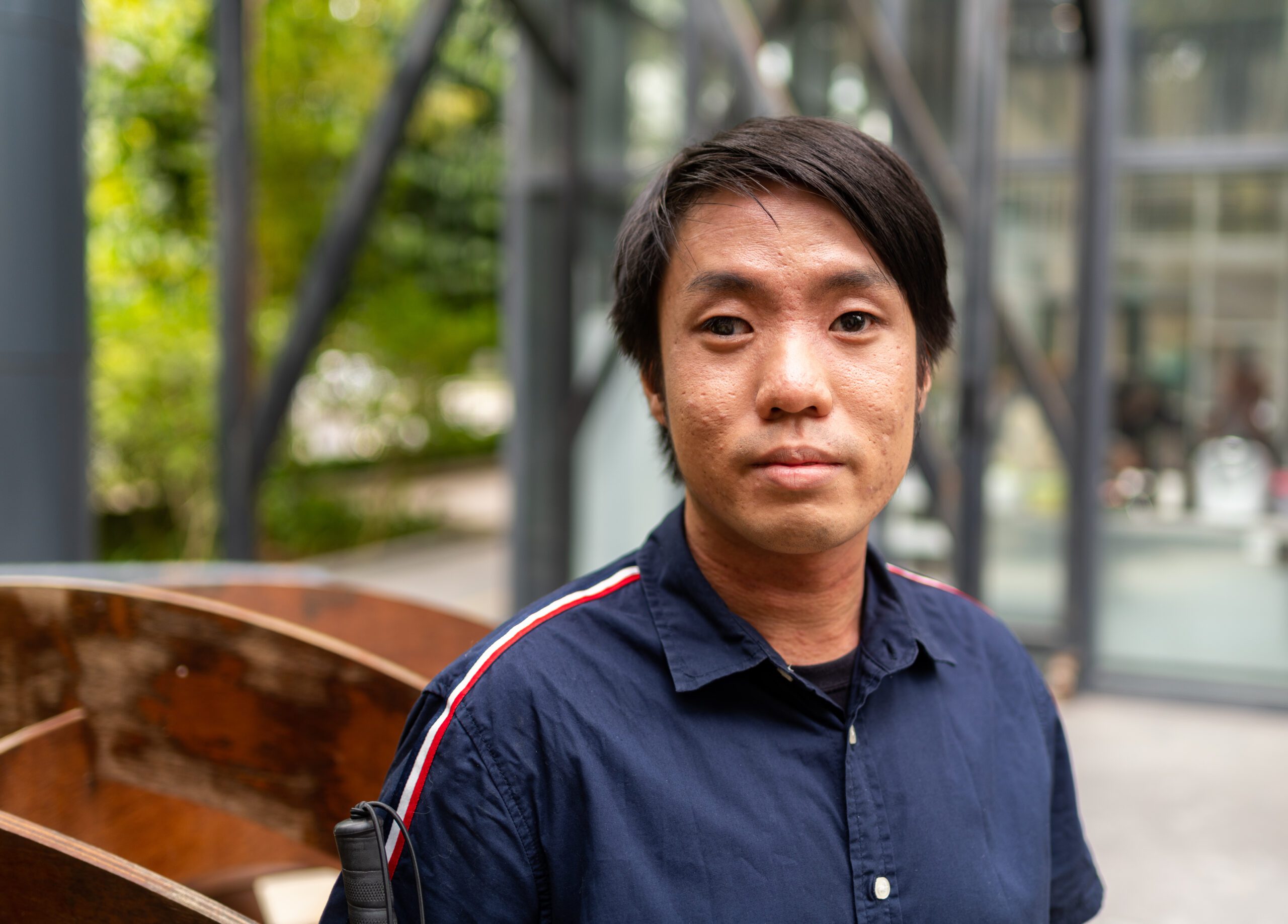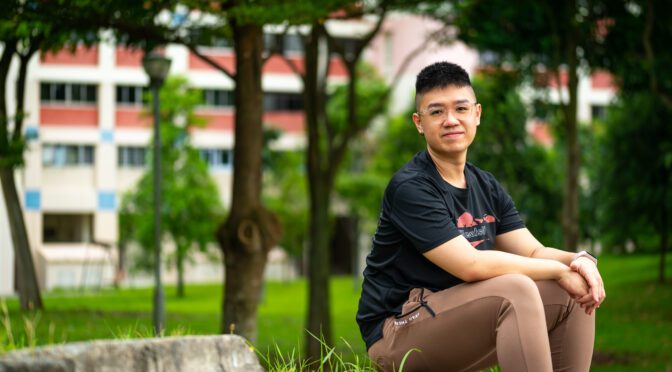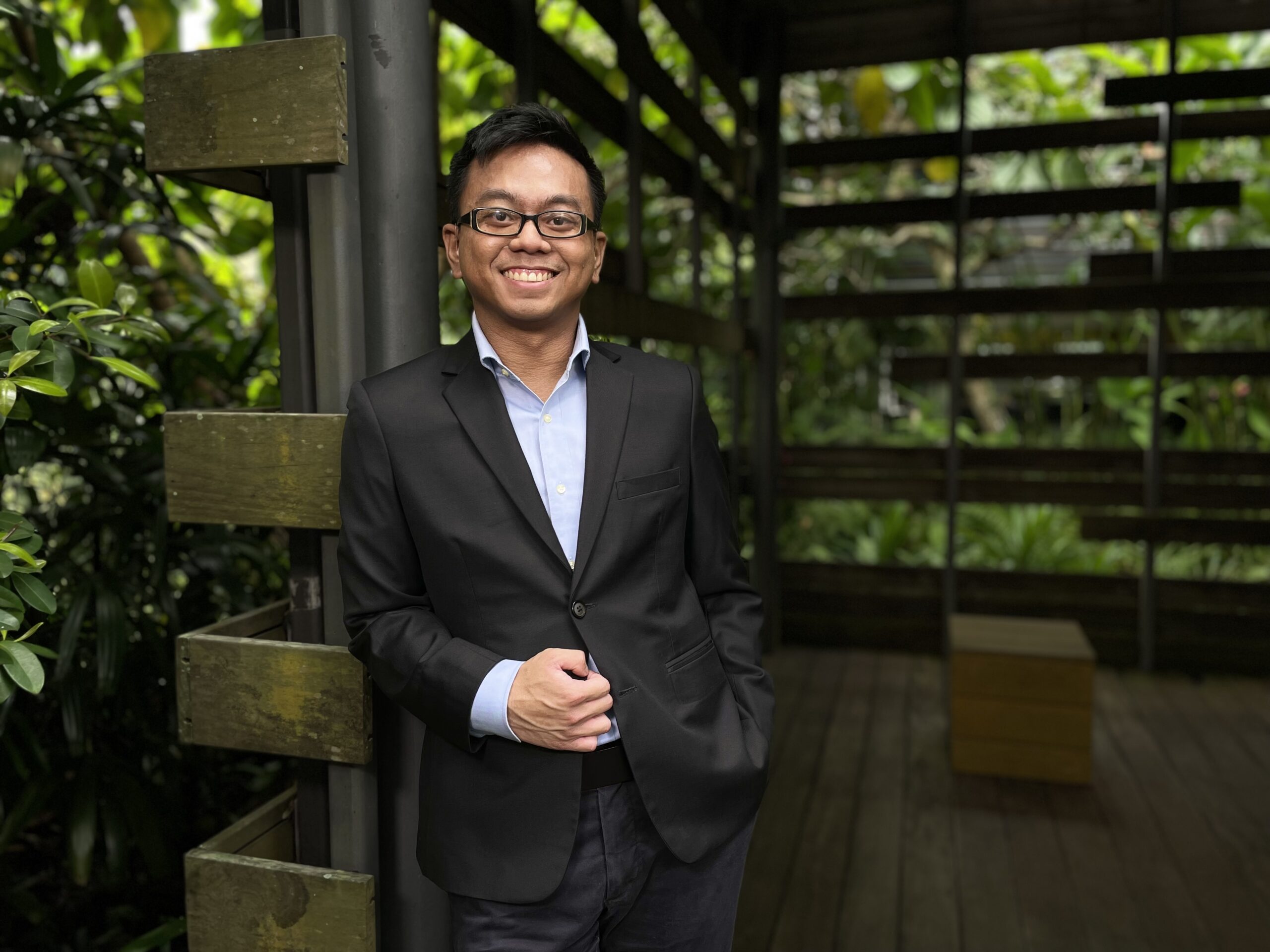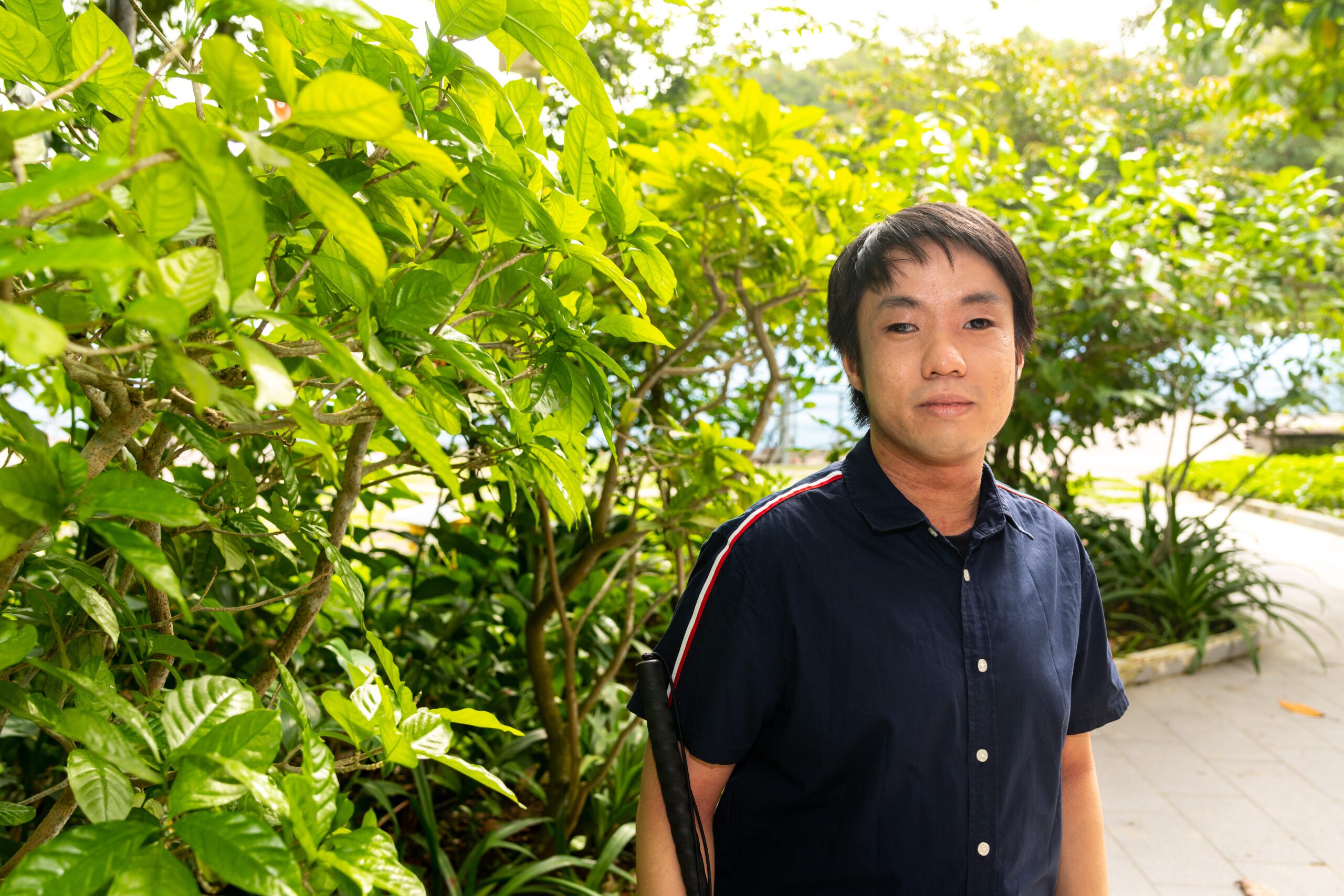Truth be told, it is massively unhelpful to utter such certitudes, well-meaning or no, to disabled persons. Foisting upon us that there is some meaning to our suffering is massively unhelpful. What it ends up doing is making it even more difficult for us to accept the situations we’re in. If you follow the science, with glaucoma, no ethical doctor would ever tell a patient to hope for a cure. There’s no cure — it’s the first thing you read about glaucoma. To ask us persons with disabilities to pray for a miracle only signifies that you think that we are, in fact, broken, and are in desperate need of fixing. And when we internalise that, we begin think of ourselves as lesser. ‘Yes, I am in fact damaged. I am broken. I am disadvantaged. I need to be made whole again.’
Had I believed in all that, had I tried to find some divine meaning in my condition, I might have offed myself. Clinging on to this tincture of hope, and then being let down over and over again, would have been too much to bear. How I eventually grappled with my condition was to focus on things that I did have control over. Over my blindness I have zero control. But what can I do with it, in spite of it? How do I work with it, instead of against it?
If I sat around waiting for a cure that would make me whole again before I would even deign to venture out into the world again, then I would be sitting till the end of my days. If I sat around waiting for opportunities to magically drop in my lap, then nothing good would ever happen in my life. I began focusing on the things I had authority over. I knew that I am valued by people around me, and that I have capabilities. I knew a meaningful life was achievable even with this giant obstacle of a disability.
Of course, these inspirational statements are the epitome of ‘easier said than done’. It took a long, long road of self-discovery getting here. It took a great length of time, as a sixteen-year-old, to come to terms with the fact that the contents on my computer screen would never be anything more than a blur to me. I’d spent many hours staring aimlessly at my spinning ceiling fan, lost in a moiling sea of thoughts. ‘Why me?’ I arrived at the answer that there is no reason for it. Some people are born with deformities. Some get run over by a car. There is simply no reason.
Regaining control of my life
As I began to step out of the shadows, the urge to do the things I once loved was revived. Once a gamer, always a gamer, it is said. I was eager to replay my favourite games, but how was I supposed to do that if I couldn’t see what was on the screen? Team Fortress 2 was out of the question. My character would just end up careening into walls, as if he were glitching. The other players would probably not take kindly to my inept shooting too. ‘How could you have missed that? Are you blind?’ ‘Yes, I am!’ ‘Then, what are you doing? Get off the game!’
One childhood game I grew up with was Pokémon. It being a visually striking game, I could somewhat guess the objects: greens were trees, browns were caves, and reds and whites were a Pokémon Centre. In the older versions, all you could do was mosey in four directions. It’s not like Super Mario where if you strayed too far you’d fall off a cliff and plunge to a sudden death. Whenever I came to the end of a garden or a cul de sac in Pokémon, a ‘boop’ sound effect would play. I also vaguely remembered the different locations on the map. Each of the Pokémon characters had a unique cry, and I began memorising their cries. When a character was low on health during a battle, an ominous-sounding siren would ring out. I relied heavily on these auditory cues to navigate the game. I could go at my very own slow pace too. My confidence increased, slowly. This virtual world became a haven of sorts. I guess if you were to dissect the psychology of it — I didn’t know where I was going in life, but I knew where I was and what I was doing in the Pokémon milieu. It brought back a sense of familiarity, at a time when things that used to be familiar and comforting were no longer accessible to me.



